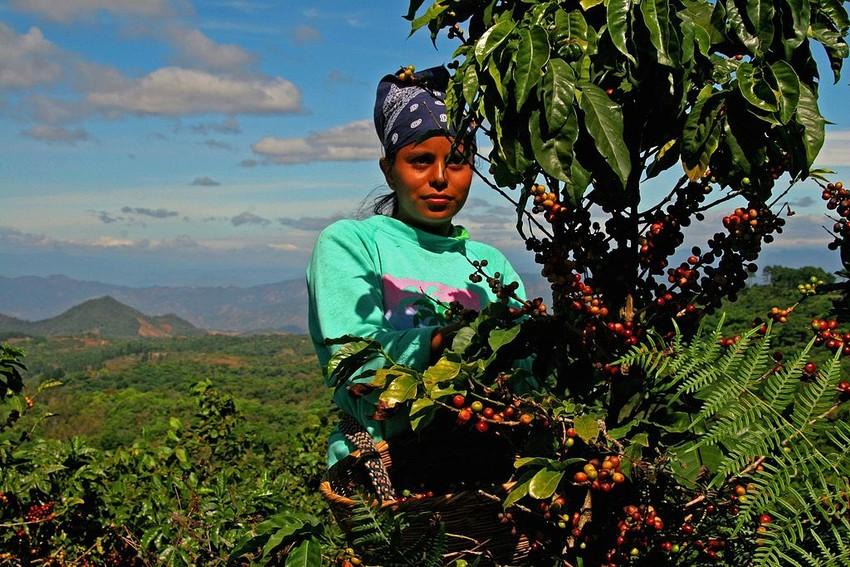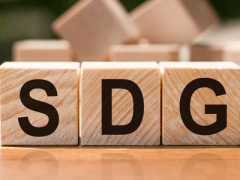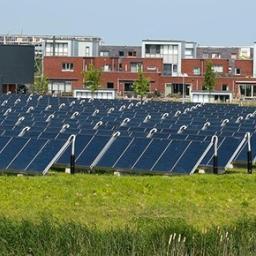Monitoring the Sustainability Status of the Dutch Coffee Sector
The market shares of agricultural resources certified according to international market standards, such as Rainforest Alliance, Fair Trade and 4C, provide a view on the status of sustainability of resource supply chains to the Netherlands. In recent years, several companies in the Dutch coffee sector have been expanding their sustainability strategy to also include other approaches. Because these new approaches are not part of current monitoring practices, a more complete picture of the coffee sector’s efforts in tackling sustainability issues is needed. In this report, commissioned by PBL, Profundo finds that Dutch companies are also involved in a multitude of international collaborative initiatives and platforms. However, there is a lack of impact measurement and reporting on the results achieved by these initiatives. Therefore, it is not yet possible to provide a quantitative assessment of the achievements of the broadened approach of the Dutch coffee sector.

The Dutch Directorate General for International Cooperation of the Ministry of Foreign Affairs intends to achieve sustainable value chains, and has policies in place to promote international corporate social responsibility in sectors that depend on imported resources. As part of PBL’s research programme for the Ministry of Foreign Affairs, PBL commissioned a project on the sustainability status of the Dutch coffee sector. The resulting report is also available from the website of Profundo.
Certified market shares of Dutch coffee consumption amounted to around 60% in 2018
The use of the major independent multi-stakeholder standards (Rainforest Alliance/UTZ, Fairtrade, Organic and 4C) and two additional company-owned schemes were assessed for the year 2018. These systems were considered, as they cover a sufficiently broad range of sustainability issues and have a sufficiently robust level of control. The response to a survey held in 2018 represented an estimated 85% of Dutch coffee consumption. The certified coffee using major standards reached about 56%. The average share among members of the Dutch coffee association (Koffie & Thee Nederland) is higher, reaching 60%.
Dutch coffee sector actively involved in complementary sustainability initiatives
International collaborations and platforms, their approaches and objectives, and the involvement of Dutch market actors were identified by reviewing a broad body of literature and from interviews with sector experts. The qualitative inventory shows a large number of multi-stakeholder and pre-competitive collaborations involving sustainability commitments by numerous actors with direct and indirect links to the Dutch market. Examples include the Global Coffee Platform and the Sustainable Coffee Challenge connecting international private and public actors. Some leading retailers are underrepresented where it comes to the use of and commitment to such complementary approaches, they focus their sustainability strategy on increasing the certified share of coffee they sell.
No quantitative evaluation yet of additional sustainability efforts
There is broad recognition of the fact that the impact of all sustainability approaches, whether certifications or broader strategies, should be measured and assessed on their achieved impact on the ground. Undoubtedly, there is potential for collaborative initiatives to contribute to tackling certain issues, such as the vulnerable economic position of farmers and managing climate change effects. However, the fragmentation of the international sustainability initiatives, combined with a lack of transparent reporting on results are barriers to providing more complete monitoring on the engagement in and accomplishments of these approaches. Finding solutions to systematic monitoring and impact assessment has also been identified as a priority by the members of Koffie & Thee Nederland.
Authors
Specifications
- Publication title
- Monitoring the Sustainability Status of the Dutch Coffee Sector
- Publication subtitle
- Tracking Progress Beyond Certification
- Publication date
- 1 December 2020
- Publication type
- Report
- Page count
- 77
- Publication language
- English
- Product number
- 3992




